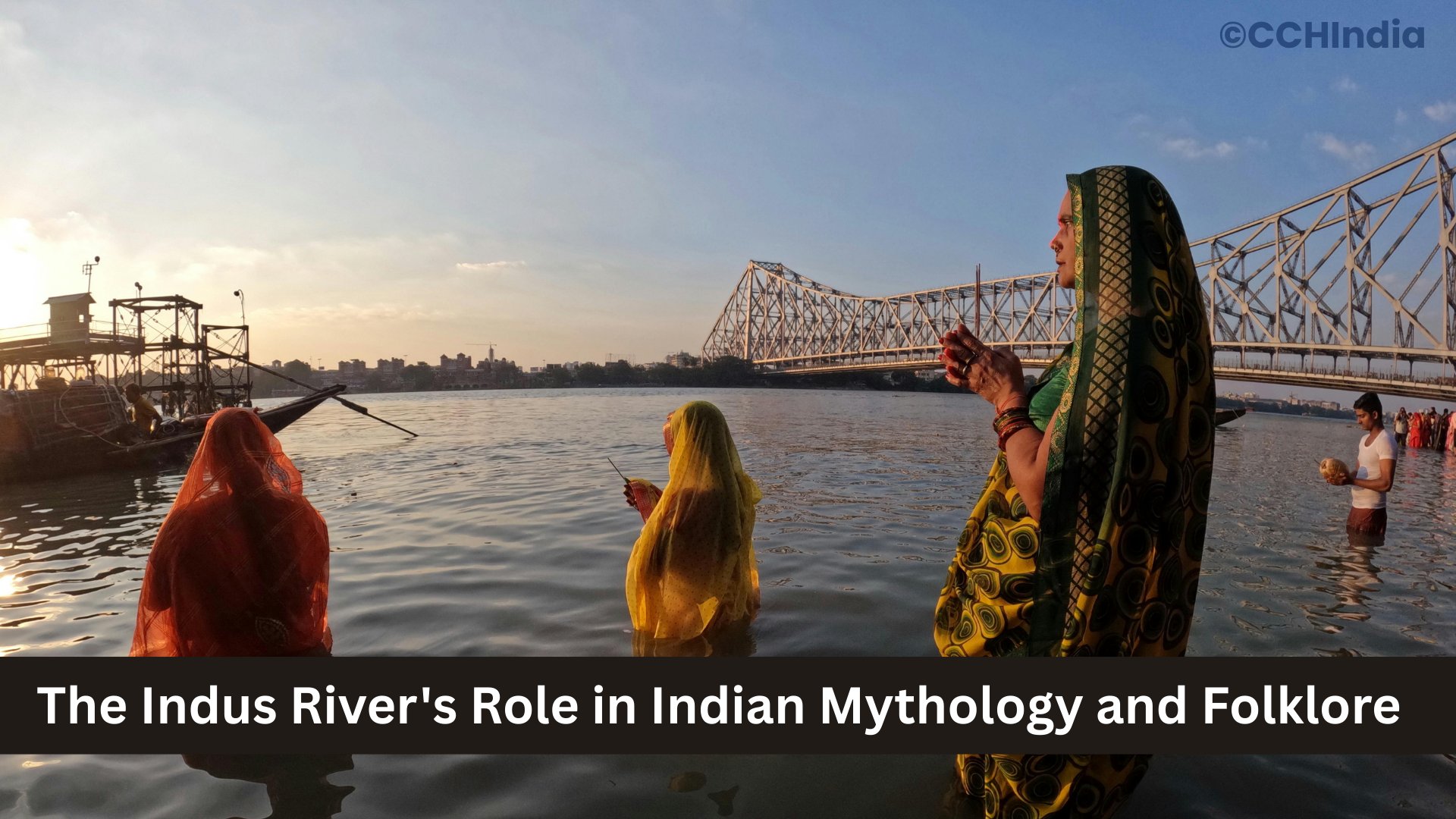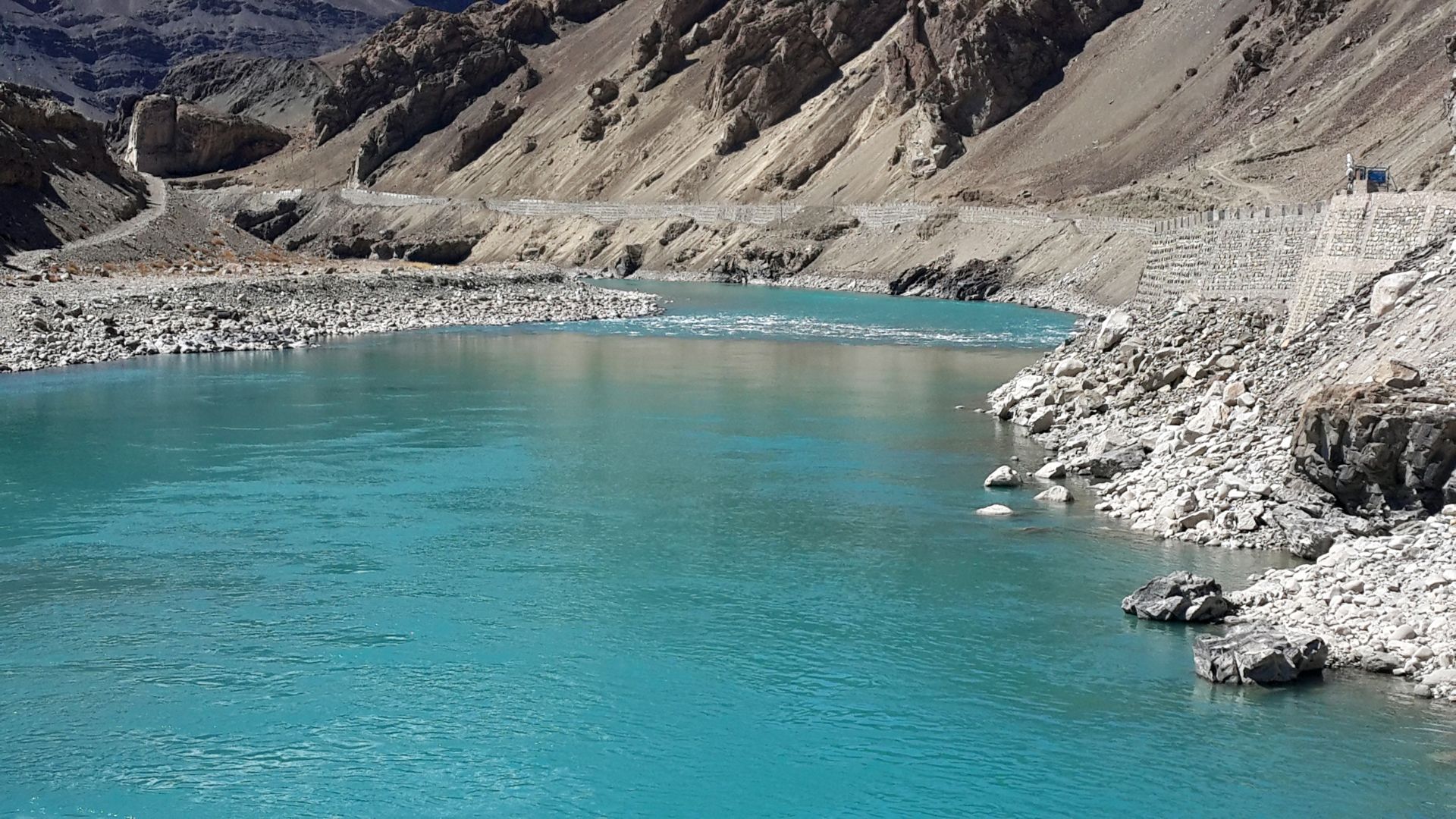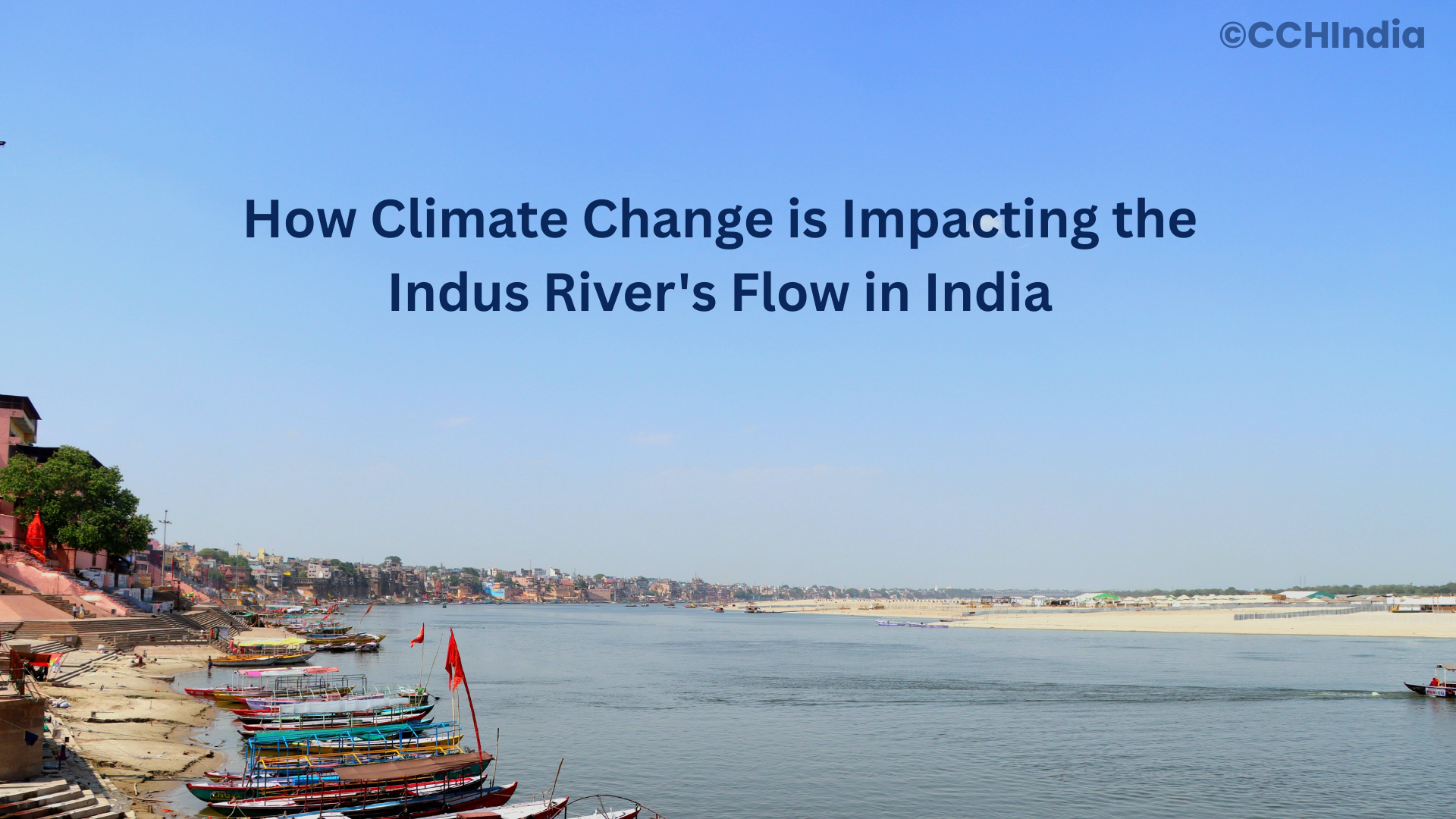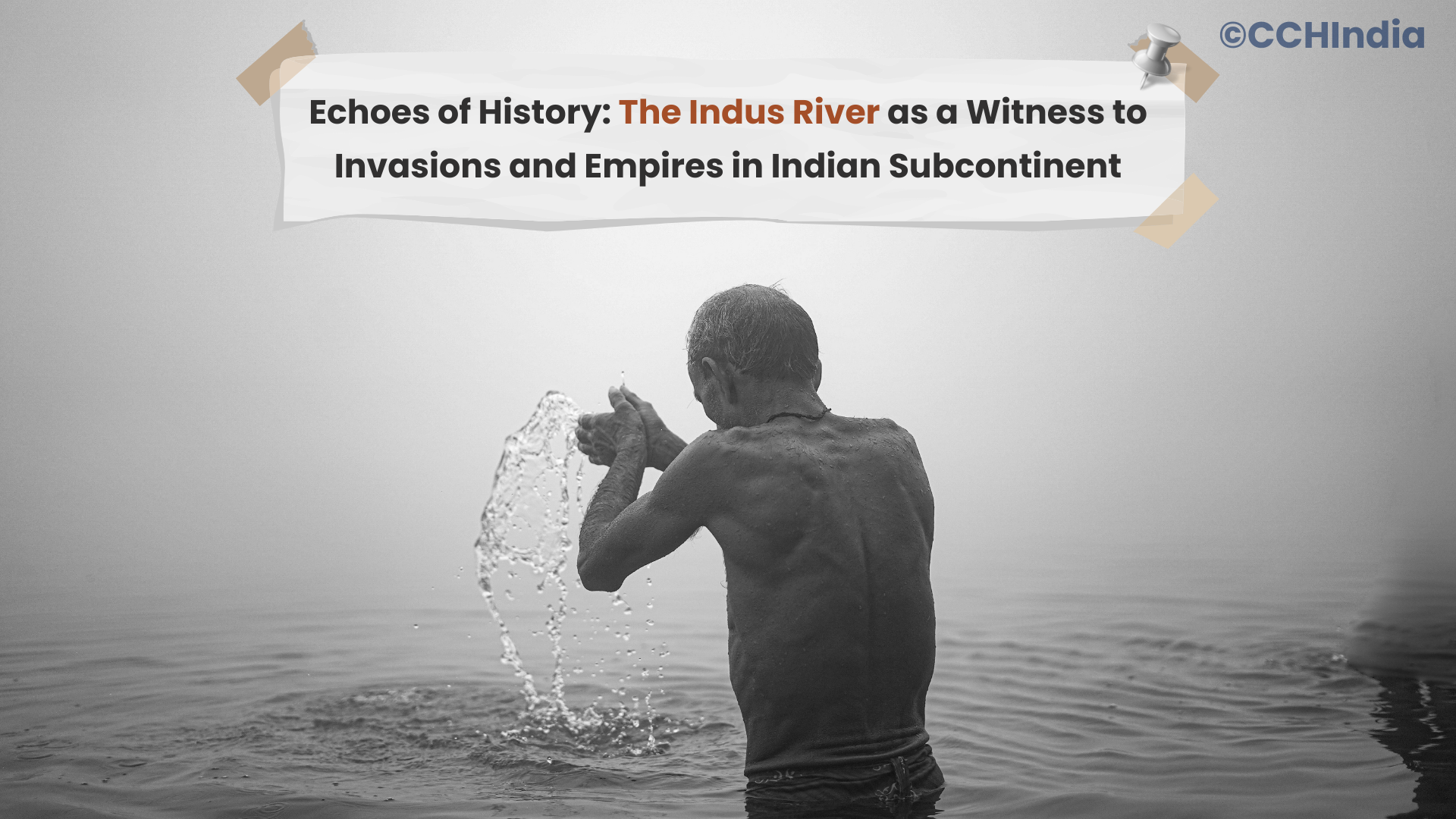The River of Our Stories: How the Indus Became a Myth
You know, sometimes I'll just sit and think about things we take for granted. Like rivers. We see them on maps, maybe cross a bridge over one, and that's it. But what if a river was more than just water flowing to the sea? What if it was the lifeblood of our stories, our myths, our very identity? That's what the Indus River is for us in this part of the world. It's not just a geographical feature; it's a character in our collective memory.
More Than Just a Name
Let's be honest, we all know the name. Indus Valley Civilization, right? That’s what we learned in school. Dry facts about city planning and pottery. But think about what that means. For thousands of years, people lived, loved, and died along its banks. The river wasn't just a place to wash clothes or catch fish. It was this powerful, almost sentient being that dictated their lives. It was their provider, their protector. You can't live like that for centuries without it seeping into your soul, into your songs, into your bedtime stories.
The Divine Current
There's this deep connection in our mythology between rivers and divinity. Rivers are often goddesses, you know, like Ganga. But the Indus, or Sindhu as it's known in ancient texts, feels different. It's more primal, more foundational. In the Rigveda, one of the oldest texts on the planet, it’s praised as a mother, as a swift and powerful entity. It’s not just a backdrop for the gods; it’s a force of nature that a god might respect.
And what about the name? "India" itself comes from the Indus. That's a pretty big deal, don't you think? It's like we've named ourselves after this river. It's a constant, silent reminder of where we came from. It's in our name, etched into our history. It makes me feel a bit… proud. Like we are the children of this great river.
Whispers of Folklore
Beyond the grand myths, there are the smaller, more personal tales. The folklores that get passed down from a grandparent to a grandchild. The stories about spirits living in the eddies, or about the river's temper when it floods. I remember hearing a story once about a local deity, a sort of river guardian, who had to be appeased with offerings so the boats would be safe. It sounds simple, right? But it shows this human-like relationship with the river: respect, fear, and a little bit of awe.
These aren't epic sagas; they're the everyday magic of a place. It's about how the river shapes not just the land, but the people who live on it. It’s about the superstitions, the songs sung by fishermen, the way the light hits the water at dusk. That's the real mythology of the Indus. It’s the stuff that feels real, because it’s a reflection of how people truly lived.
A Living Legend
So, the next time you hear the name "Indus," don't just think of an ancient civilization or a geographical line on a map. Think of the stories. The myths. The folklore. The river that is so much a part of us that it's in our very name. It’s a living legend, still flowing, still telling its story, one ripple at a time. It’s a reminder that the land we stand on is full of ghosts, full of gods, full of stories waiting to be heard.






